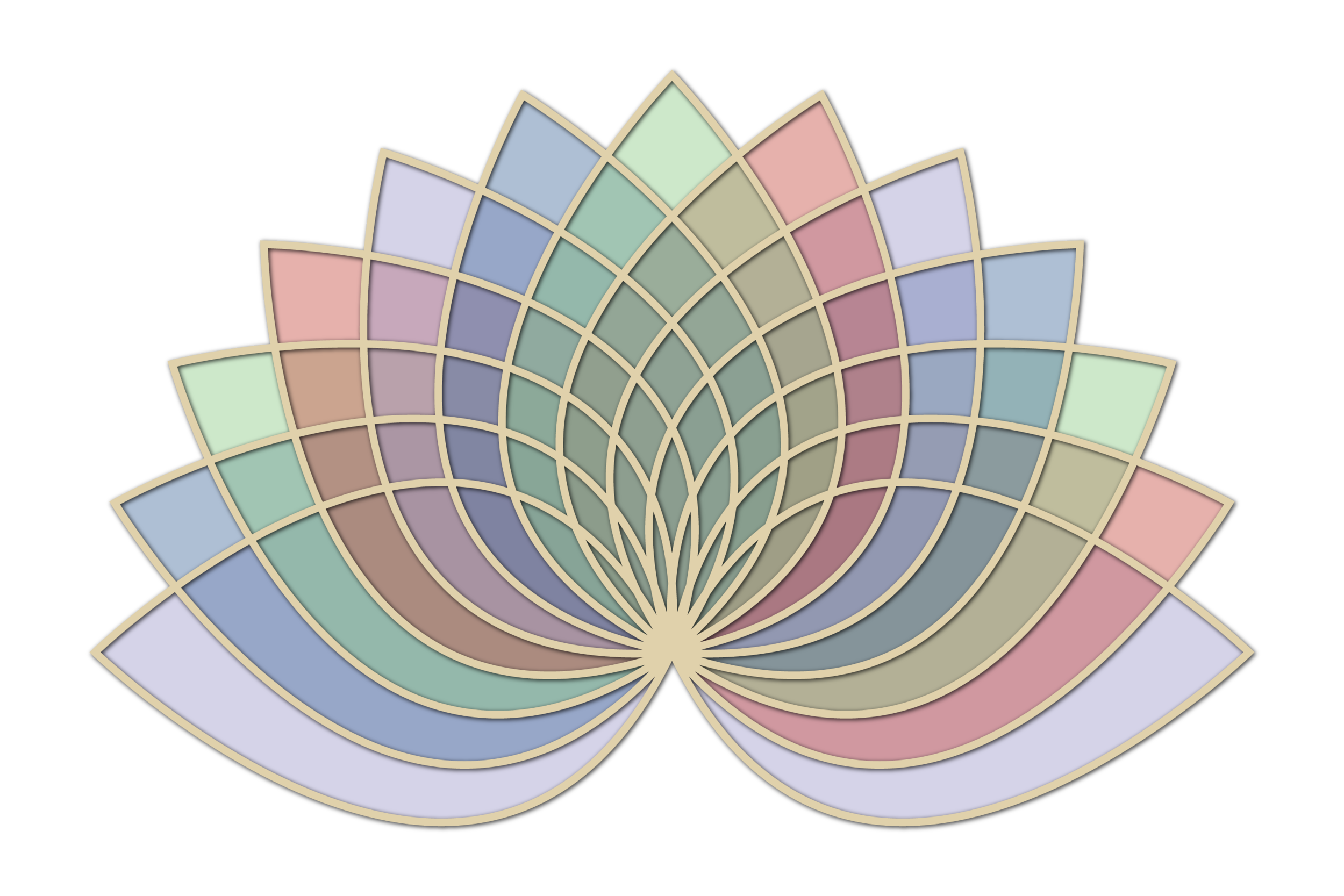Spring Allergies: Breathe Easy and Embrace the Season with Functional Nutrition
By: Fritzy Sanchez, RND & Rachel Hershberger, MS CNS LDN
Spring brings longer days, blooming flowers—and for many, relentless sneezing, itchy eyes, and congestion. If you struggle with seasonal allergies, you’re not alone. Nearly 24 million Americans experience these symptoms every year, making spring feel more like a battle than a fresh start.
What Are Seasonal Allergies?
Also known as hay fever or allergic rhinitis, seasonal allergies occur when your immune system overreacts to airborne allergens like pollen, mold spores, grass, and weeds. Your body releases histamines, leading to inflammation, congestion, and other uncomfortable symptoms.
Common Allergy Symptoms
Runny or itchy nose
Sneezing and nasal congestion
Watery, red, itchy eyes
Post-nasal drip and coughing
Headaches and fatigue
Skin reactions like hives or rashes
Asthma symptoms (wheezing, shortness of breath)
Why Does Your Immune System Overreact?
Functional medicine looks beyond symptoms to identify root causes, including:
✅ Gut Health Imbalances – 70% of your immune system resides in your gut; an imbalanced microbiome can increase sensitivity to allergens.
✅ Chronic Inflammation – Stress, poor diet, and toxins can over activate the immune response.
✅ Nutrient Deficiencies – Low levels of Vitamin D, zinc, and omega-3s weaken immune defenses. Other nutrients like vitamin A and C also play a role in energy production and immune health.
✅ Toxin Exposure – Mold, pollution, and chemicals (like chlorine!) can heighten histamine reactions.
Best Supplements for Allergy Relief
Quercetin (50mg twice daily) – A natural antihistamine and anti-inflammatory.
Ginger (500mg daily) – Comparable to antihistamines for nasal symptom relief.
DAO Enzyme – Helps break down histamine.
Vitamin C (2000mg daily) – Reduces allergy symptoms and supports immunity.
NAC (N-Acetyl Cysteine) – Helps thin mucus and ease congestion.
As always, please discuss any dietary, lifestyle, or supplement changes with a qualified healthcare provider prior to making any changes.
Simple Tips to Manage Allergies Naturally
✔ Know Your Triggers – Allergy testing can identify specific allergens like pollen, ragweed, or mold. Pay attention to what you react to in your daily life.
✔ Support Gut Health – Eat probiotic-rich foods like yogurt, kefir, and kimchi, if tolerated. If you have GI symptoms, you likely need an individualized approach to find relief and support your needs.
✔ Balance Histamine Levels – Increase vitamin C (bell peppers, citrus, leafy greens), quercetin (onions, apples), and magnesium (spinach, almonds) as tolerated.
✔ Optimize Nutrients – Ensure adequate Vitamin D and Magnesium levels. These levels can be checked by your doctor or nutritionist. RememberL Just because they are “in range” doesn’t mean they are optimal!
✔ Limit Environmental Exposure –
Check pollen forecasts and stay indoors when counts are high.
Use air purifiers and keep windows closed.
Shower and change clothes after outdoor exposure.
✔ Try Natural Remedies –
Local honey may help build pollen tolerance. Local = within 100 miles. Rachel’s favorite local PA honey is Swarmbustin’ Honey
Teas: Nettle and Ginger teas natural antihistamine. Check out Traditional Medicinals or Buddha Teas for great options
Saline sinus sprays or use of a neti pot daily can reduce inflammation and congestion
✔ Consider Functional Lab Testing – Gut health assessments, histamine analysis, and micronutrient testing can provide deeper insights.
Diet & Nutrition for Seasonal Allergies
A Mediterranean-style, anti-inflammatory diet can help reduce histamine response. See our FREE meal plans at the end of this post for more information!
🤧 Avoid High-Histamine Foods:
Processed meats (salami, bacon, smoked fish)
Fermented foods (aged cheese, wine, kombucha, sauerkraut)
Vinegar-based foods (pickles, mustard, soy sauce)
Dairy, added sugars, alcohol, and caffeine
✅ Choose Low-Histamine Foods:
Citrus fruits, bell peppers, kiwi, onions, apples, berries
Leafy greens like kale, broccoli, swiss chard
Wild-caught Fatty fish (salmon, cod, mackerel, sardines), chia and flaxseeds
Yogurt, kefir, kimchi, and tempeh
Local raw honey
Ready to tackle your Spring Allergies?
Check out our FREE GIFTS below!
💚 Philly Functional 💚
You don’t have to let allergies steal your springtime joy! By addressing root causes, supporting gut health, and making targeted lifestyle and nutrition changes, you can reduce symptoms naturally. Instead of dreading pollen, embrace the season—sneeze-free and thriving! 🌿🌸
Our Favorite Allergy Support Supplements:
Fullscript Dispensary
Check out our favorite allergy supplements!
FREE Meal Plans:
Low Histamine Meal Plan
Watermelon Pizza, Apple Nachos, Easy Peach Crumble, etc.
Immune Support Meal Plan
Zucchini Noodles with Sausage & Tomato Sauce, Deconstructed Stuffed Pepper, etc.
Resources and References:
Khakham, C. (2025, January 14). Top Labs To Run On Your Patients With Seasonal Allergies. Rupa Health. https://www.rupahealth.com/post/top-labs-to-run-bi-annually-on-your-patients-with-seasonal-allergies
Kresge, K. (2025, January 13). 7 Ways To Relieve Your Seasonal Allergies Backed By Science. Rupa Health. https://www.rupahealth.com/post/7-proven-ways-to-get-seasonal-allergy-relief.
Preston, J. (2025, January 23). A Functional Medicine Protocol for Seasonal Allergies. Rupa Health. https://www.rupahealth.com/post/a-functional-medicine-protocol-for-seaso
https://www.buddhateas.com/ (Buddha Teas)
https://www.traditionalmedicinals.com/ (Nettle and Ginger Tea from Traditional Medicinals)
https://www.911honey.com/ (Local Honey - Swarmbustin’ Honey)



